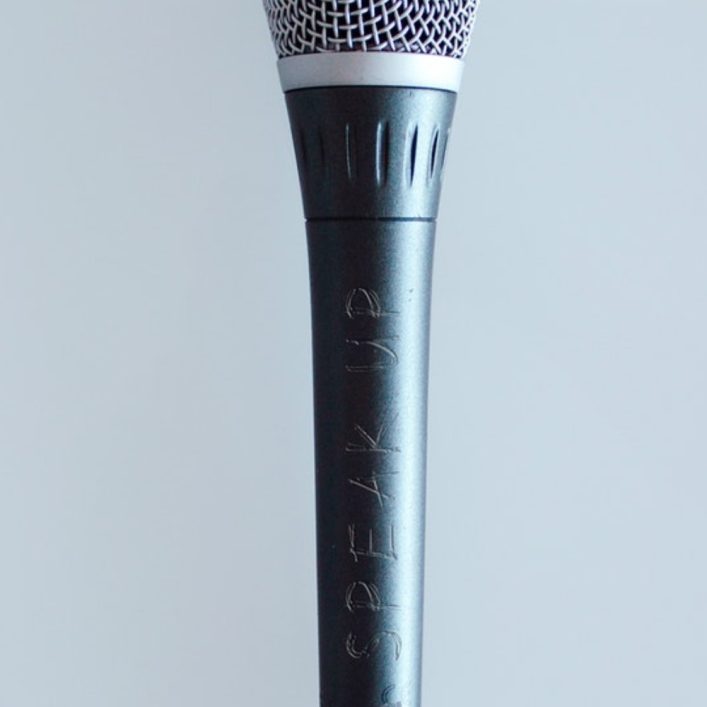Guilty! An Interview with a Christian Criminal
January 27, 2014

It’s a courtroom drama. This one features a real-life criminal. He is also a Christian. We interviewed him to find out: is there any hope for the shameful and guilty?
(All of the Villain’s words in the following article were spoken in a genuine interview. The rest of the scenario has been added for creative effect).
Scene One: The Courtroom
Enter the villain.
Lawyer: You have sworn to tell the truth, the whole truth, and nothing but the truth, so help you God. You have pleaded guilty. Please explain what happened for the jury?
Villain: I knew before I did it that it was wrong. Each time I seriously sinned I would come away, I’d feel terrible and I’d pray: please stop this happening, stop me doing this again. Then it would be sometime later, probably when the guilt had eased off and when I thought that maybe I’d changed, the temptation came again. And guess what? I wasn’t ready, I wasn’t in the fight or prepared. The guilt, self-hatred and self-remorse actually fed into me doing it again.
Lawyer: You were in a downward spiral?
Villain: You tell yourself lies, that God’s grace is insufficient. I was very alone, isolated and depressed.
Lawyer: And you finally got caught?
Villain: By the time I was found out, I had been through that cycle more than enough times. When the police came knocking on the door it was terrifying, but there was already a big chunk of me that knew this was God’s answer to my prayer, to do whatever needed to be done. This wasn’t God being far from me, this was God being close to me. I am so grateful for that.
Scene Two: The Judgement
The villain stood before the judge. He was sentenced to four and a half years in prison.
Villain: I just looked at the judge and thought, am I really going to go to prison here? This is going to change my life. I prayed that I would feel the sorrow, regret, remorse and appropriate fear at the bigness of the judgement. Court is scary. But it’s just a little picture of what we will all face one day when we stand before the judgement seat of God. There was nothing I could do that day that was going to make a difference to the outcome for me.
Lawyer: God will judge us all. We’re all guilty of wrong thoughts, feelings and behaviour. But for us there is still time to do something before the eternal judgement.
Scene Three: The Hope
The case is closed but condemnation is not the end; something needs to be done and only one person can do it.
Villain: That day in the court there was no doubt in my mind that I wasn’t just there waiting for God to crush me; he might ask some staggeringly hard things, but He was for me. I knew beyond a shadow of a doubt that God wanted to make me more like Jesus, stop me sinning again, and somehow get glory for Himself from this.
Lawyer: If God didn’t crush you, what did he do?
Villain: Sin is serious and yet, you don’t fix it. A change needed to happen in me, but I was not going to begin that change. I needed an external agent. God would do it and in his own good time. My heart is such a mess, my sin is so black, and I myself am so oriented away from God, that only Jesus’ death on the cross could ever be enough to help me.
Lawyer: Jury, you have heard all the evidence. And now it’s your turn. Why don’t you come to Jesus, accept his death as payment for your wrongdoing; accept the new life he has for you, and allow him to start changing you too?
It is only Jesus who can change the heart. A Christian called Paul says in the Bible: “It happens so regularly that it’s predictable. The moment I decide to do good, sin is there to trip me up… I’m at the end of my rope. Is there no one who can do anything for me? Isn’t that the real question? The answer, thank God, is that Jesus Christ can and does.” (The Message; Romans 7:21-25)
By the Cornerstone Team